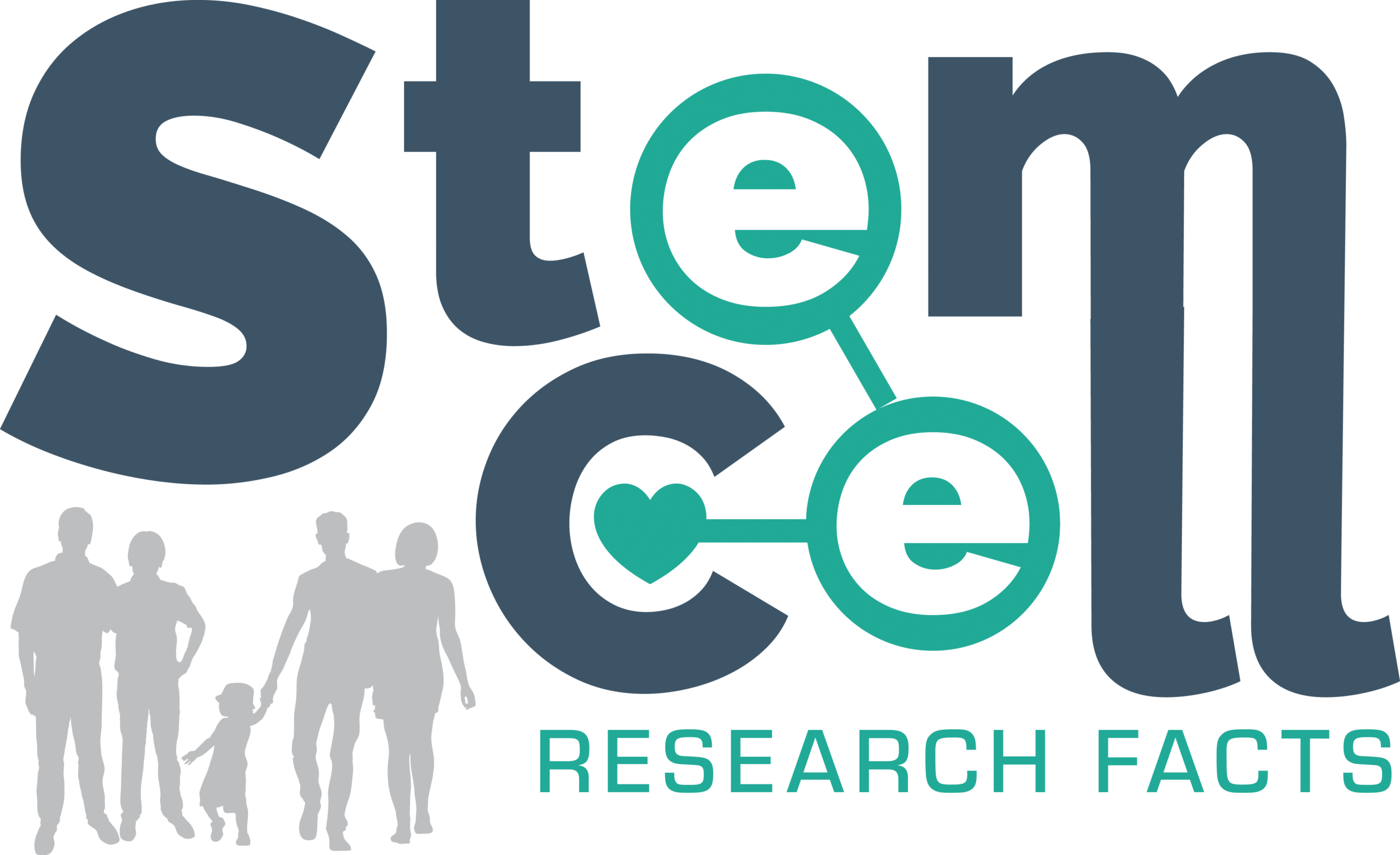
Adult Stem Cell Transplant Brings Family Closer Together
(August 2016) Nothing, it seemed, could slow down Cindy Schroeder. The wife, mother of three and special education teacher would drive 150+ miles a day visiting different schools before returning home each evening.
Exhausted at the end of the day? Yes. But for Cindy the non-stop life was just the way she liked it.
Then, life changed. She starting waking up exhausted and didn’t feel like going to work. If her daughters caught a cold, so did Cindy—but it was always much worse. “Tickly” coughs never went away. The 24-hour flu bug lasted several days at a time. “Everything simple for others became a major deal for me,” recalls Cindy. Still, she was reluctant to believe anything serious was wrong with her health.
Finally, it got to the point where she had trouble breathing and couldn’t sleep without sitting up in a recliner. When she started coughing up blood, Cindy’s husband Brad had had enough. “You’re packing your bags and going to the doctor,” declared Brad. “And you’re not coming home until they figure out what’s wrong with you.”
Multiple Myeloma – 10 Questions and Answers
Autologous Transplantation in Multiple Myeloma
Hematopoietic Stem Cell Transplantation for Multiple Myeloma
Fact Sheet: Adult Stem Cell Research and Transplants
What was “wrong,” turned out to be multiple myeloma, a cancer of the blood where abnormal blood cells accumulate in the bone marrow and interfere with the production of normal blood cells. Without healthy blood, our body can’t be healthy. Multiple myeloma is considered incurable, but treatable. But even with conventional treatment, most patients live just 3-4 years.
“It was just kind of like a punch in the gut,” says Brad when talking about the brutal reality of the diagnosis. “And how am I going to deal with these girls on my own? That was tough to think about. Our (older) son Mark had recently moved back to town and he could help out some, but it’s still in the back of your mind.”
“I said let’s get it treated and move on, but that turned out to be a longer and harder road than what I thought.”
A long, hard road indeed. As the family gathered to hear details of Cindy’s grim diagnosis, a relatively new treatment option emerged: an adult stem cell transplant. Cindy’s father Ralph was there when the diagnosis and the treatment option surfaced.
“We were in the room and the doctor told her, ‘Cindy you have cancer,’” recalls Ralph Ostmeyer, Cindy’s father. “She started to cry and he says ‘Cindy, don’t cry, we have a cure. It’s (adult) stem cell. You are a good candidate and the success rate is excellent if we can get good cells from your body.’ So that‘s what we set out to do.”
An adult stem cell transplant for multiple myeloma requires the elimination of the “bad” cells throughout the body using chemotherapy, and replacing them with the “good” or healthy cells. In this case, Cindy could use her own adult stem cells which would be harvested from her bone marrow, “cleaned” and then injected back into her body.
It sounds simple enough, but the chemotherapy process itself can be very difficult on the patient. “When they say they almost kill you with chemo before the transplant—yeah, they ain’t kidding,” admits Brad.
Cindy’s dad, Ralph, remembers getting updates from his grandson Mark who closely monitored the post-transplant recovery. “She’s dead, she’s not moving,” recalls Ralph of one update. “We really felt like we had a funeral ahead of us. Bu finally, on Day 10 after the transplant, Cindy woke up and…felt better. That was the miracle for us.”
Today, just more than a year after her adult stem cell transplant, Cindy again leads a full, active life. Doctors tell her that a periodic chemo treatment will probably be needed to help maintain her cancer-free lifestyle. That’s a small burden compared to the alternative.
The trial by fire brought an already close family even closer together.
“When you come that close to losing somebody you love, it definitely brings you closer together,” says Mark. “The time you spend together is that much more genuine.”
Cindy couldn’t agree more. “You give and get a lot more ‘I love you’s’ than ever before,” she says. “Life is precious and each day is a gift.”
